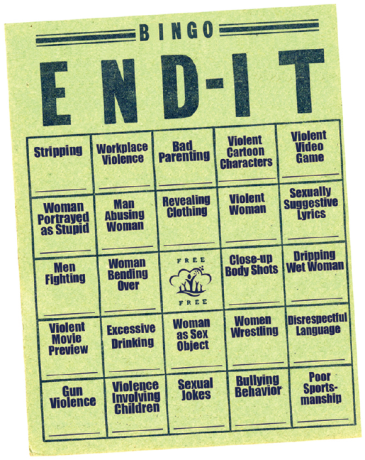In a few short weeks, the efforts of the people of Egypt, done largely through online organizing, led to unprecedented political change. Egypt is just the latest (and one of the most impressive) examples of how the Internet gives ordinary people a place to have a voice, share ideas, and create change.
Here are three opportunities for people in the U.S. to participate in small online actions that can, and surely will, lead to larger change.
If you are anyone, anywhere:
The National Museum of Crime and Punishment thinks that intimate partner violence should be described as “crimes of passion” during their Valentine’s Day events this weekend. No – such violence is motivated by issues of power/control, not passion. Support Hollaback DC and sign the petition demanding that the National Crime and Punishment Museum take intimate partner violence seriously.
Washington, DC- area residents or visitors who’ve experienced or witnessed street harassment:
Please help HollaBack DC! better understand public sexual harassment and assault in the DC Metro area by taking their 10-15 minute survey! Your answers will help them identify community needs and directly affect the workshops, programs, and materials that they offer. The data from this survey will also go into a report about the status of the issue in the DC metro area.
Queer women of color in New York City:
Kimberlynn Acevedo is writing about queer women of color* and their experiences in public spaces of New York City, including but not limited to the subway system and the streets, as well as semi-public spaces like restaurants and other businesses. Her goal is to give a voice to women who are, more often than not, underrepresented in the growing discussion around gender-based harassment, violence, and discrimination. If you are a queer woman of color in NYC, please take her survey and share your voices and views.
*queer is open ended and women is also open to self-identification
Thank you! Your five minutes of action is time well spent.




